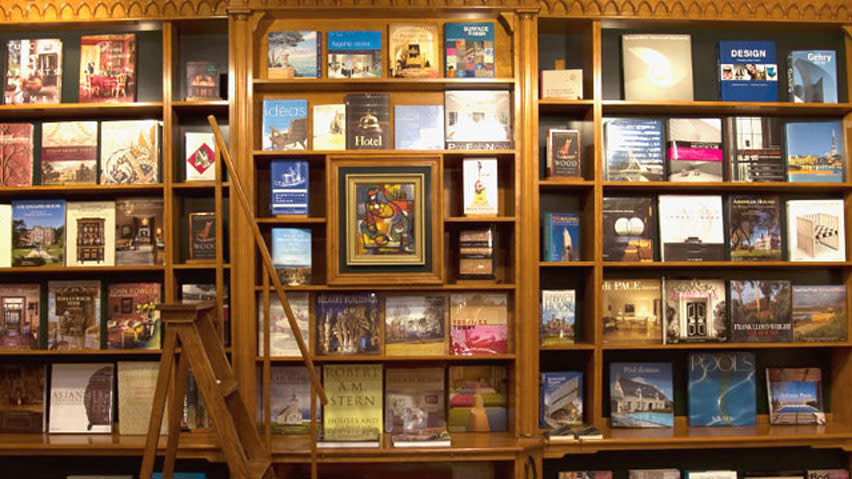Why books cost more in Canada

As any book lover knows well, books in Canada typically cost more than in the United States even when the Canadian dollar is at par.
A long-awaited Senate report, released this week, analyzing price differences for goods on both sides of the border attempts to explain why, and offers one idea on how to close the gap.
The recommendation -- one of four overall -- is that the Minister of Canadian Heritage James Moore should study the costs and benefits of trimming the 10 per cent mark-up that Canadian exclusive distributors can add to the U.S. list price of American books imported into Canada, adjusted for the exchange rate.
So what does that mean and why is it important?
In a nutshell, in the late 1990s, the law was amended to help U.S. publishers cover the extra costs during times of currency imbalances in order to ship and distribute books in Canada. The rules were supposed to also act as a price ceiling, among other things.
Importers can charge sellers the price of the book in the country of origin -- in this case the U.S. -- plus the difference in exchange rates, as well as a 10 per cent mark up.
In a comparison of 20 New York Times bestsellers, the Senate committee broke down the list and sales prices for books on Amazon.com and Amazon.ca.
They noted list prices were always higher in Canada largely because of the mark-up associated with the Book Importation Regulations, which is linked to the Copyright Act, the report states.
(Notwithstanding, higher cost of doing business in Canada's relatively small market, the inability to tap economies of scale and higher transportation costs, labour costs and taxes, as well as distribution and warehousing costs per item.)
The rule change is historically linked to allowing extra restrictions on the so-called parallel importation of books, also known as "buying around."
This was aimed at protecting exclusive distributors, or those who have acquired rights of exclusive distribution in Canada but who do not have property rights in the book -- that is, they do not have a right to authorize the reproduction of the book.
Previously, the law allowed only copyright owners and exclusive licensees to limit the parallel importation of printed books.
"The major benefit is that the Canadian publishing industry is healthier because some of its players – the exclusive distributors – can maintain the value of the territorial distribution rights that they have purchased from the foreign rights holders," the report states.
"The potential cost is that exclusive distributors will be able to act as monopolists in Canada, with pricing and quality of service detrimental to others in the industry."
To recap, the mark up was seen as a "buffer against a changeable rate of exchange," the report states, and was supposed to act as a price ceiling.
Now, a key question behind the recommendation is whether the ceiling has become a floor.

 Yahoo Finance
Yahoo Finance 
